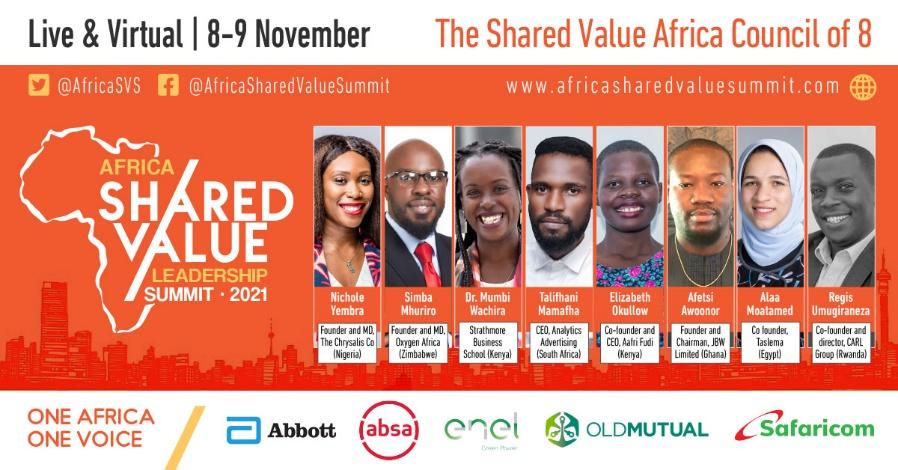It was back in 2014, in the now famous Harvard Business Review article, Understanding New Power, that Jeremy Heimans and Henry Timms, two young leaders, challenged “old power”. They predicted then that the battle and the balancing between old power and new power will be a defining feature of society and business in the coming years.
The old power, held only by a few, almost takes us back to our school days. We were all in awe of our teachers and lecturers who held the power on information and thus that made them more admirable and powerful. As scholars we did not have the access to information that was afforded to them. Yes, admittedly they had to know more than us, as they were the authority at that stage. In the current context, we admire large organisations and empires as society has inculcated the belief that power and size equal success. That is all centralised power, held by a few that had and is still having an impact on the lives of many.
Along came the internet, and that changed everything: information was now freely available, and you could search for any information. Credibility is at times still a challenge, but it led to the start of decentralisation and as per a Google search, decentralisation is defined as “the transfer of control of an activity or organisation to several local offices or authorities rather than one single one”. Decentralisation is about empowering people and is the answer for community-driven development.
So here we are in the 21st century and the future belongs to those who are making it happen: our young entrepreneurs. Can they survive with centralised power? In my view, no. Our entrepreneurs need to be set free at a local level and not bank on centralised institutions that hold the power because they have the money. Companies and investors also need to realise that it is less about profit margins and more about the people and the sustainability of our future, our planet and our people.
One of the highlights of the 5th annual Africa Shared Value Leadership Summit on 8 and 9 November is the participation of our African entrepreneurs, who will talk about their struggles, the barriers they overcame, and what they believe can be done to accelerate economic recovery on the African continent.

Entrepreneurs will host the Summit, as well as participate and share their experiences and views on the future. These young leaders include some of our most successful entrepreneurs in our Shared Value world. Simba Mhuriro from Zimbabwe, named by Forbes magazine as one of Africa’s 30 most promising young entrepreneurs; Christelle Kwizera, Founder and MD at Water Access Rwanda, a recipient of the Africa Business Hero as well as Global Citizen Prize Winner and the Jack Ma Netpreneur prize winner, to name a few.
Also participating will be Afetsi Awonoor, a successful Ghanaian entrepreneur, who is co-founder and chairperson of JBW Limited, a multi-industry support services firm focused on the energy, defense and immigration sectors; Nichole Yembra from Nigeria, who founded The Chrysalis Co, a $15-million African tech fund that supports African tech companies. She has been recognised by the Obama Foundation and Forbes Africa. Talifhani Mamafha from South Africa was recently recognised as one of the Accenture Rising Young Future Leaders. Dr Mumbi Wachira is a young academic from Strathmore University Business School. From Egypt will be 22-year-old Alaa Moatamed, the 2020 Anzisha Prize winner — the premier award for Africa’s youngest entrepreneurs — with a venture called Taslema, which provides business owners with an affordable and convenient delivery service for customers. Elizabeth Okullow is a Mandela Washington Fellow and Co-Founder of Aafri Fundi, championing food security in Kenya. Regis Umugiraneza, a successful Rwandan entrepreneur, is Co-Founder and Chief Executive Officer of The Carl Group.
In addition, the SVAI is proud to offer an opportunity for more entrepreneurs who are innovating in climate action and agriculture to share their work — a competition has been running online and the selected five will take centre stage with their presentations to the world.


The Summit is delivered by The Shared Value Africa Initiative (SVAI) and organised by Shift Impact Africa. This year, the Shared Value Business Management concept celebrates 10 years since the renowned Creating Shared Value article was published in the Harvard Business Review, created and developed by respected academics and economists Professors Michael Porter and Mark Kramer at Harvard Business School. — Tiekie Barnard, SVAI CEO
For more information on the Summit programme and speakers, and to register, visit www.africasharedvaluesummit.com